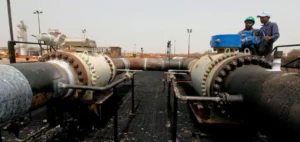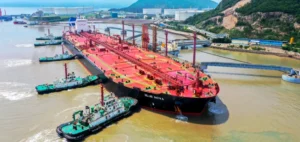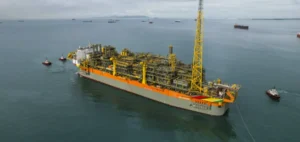The topic of fossil fuels was discussed at the Asia Pacific Petroleum Conference (APPEC) and at Coaltrans Asia. As many nations retreat to alternative energy sources, oil and coal professionals are calling for more investment in non-renewable energy sources. The industry hammered this message home at both the Singapore and Bali events.
A better supply for oil and gas
During these events, the industrialists focused on the regional and global energy issues. International observers expected these professionals to promote their industry. Nevertheless, the divergences with the current fossil fuel decommissioning movement were particularly striking.
The solution would be obvious according to these energy producers: in order to ensure the security of supply, it is necessary to invest more upstream, in infrastructure, transport and storage. In other words, the answer to the energy crisis is more fossil fuels, but from countries more reliable than Russia.
These industrialists, aware of the restriction of access to Moscow’s energy resources, prefer to use other suppliers.
European decision-makers advocate the decommissioning of fossil fuels
The decision-makers and financiers also present at these conferences have a completely opposite point of view. Europeans in particular and energy importers such as Japan, India and China are aware of the risk inherent in fossil fuels. The latest market turmoil related to the Russian-Ukrainian conflict has highlighted the danger of fossil fuel dependency.
The legislators and bankers present confirmed the desire of European governments to move away from fossil fuels. Investments should prioritize the development of wind and solar energy as well as battery storage. Emerging technologies will also allow the exploration of other forms of renewable energy.
The timing of the energy transition
Europe and some Asian countries are clearly still dependent on fossil fuels. They will have to pay a high price for gas and oil supplies this winter. These states are also aware that the energy transition cannot take place with an abrupt end to the supply of fossil fuels.
The objective remains, however, to accelerate investment in renewable energy sources. The supply of fossil fuels must also be assured during the transition.






















